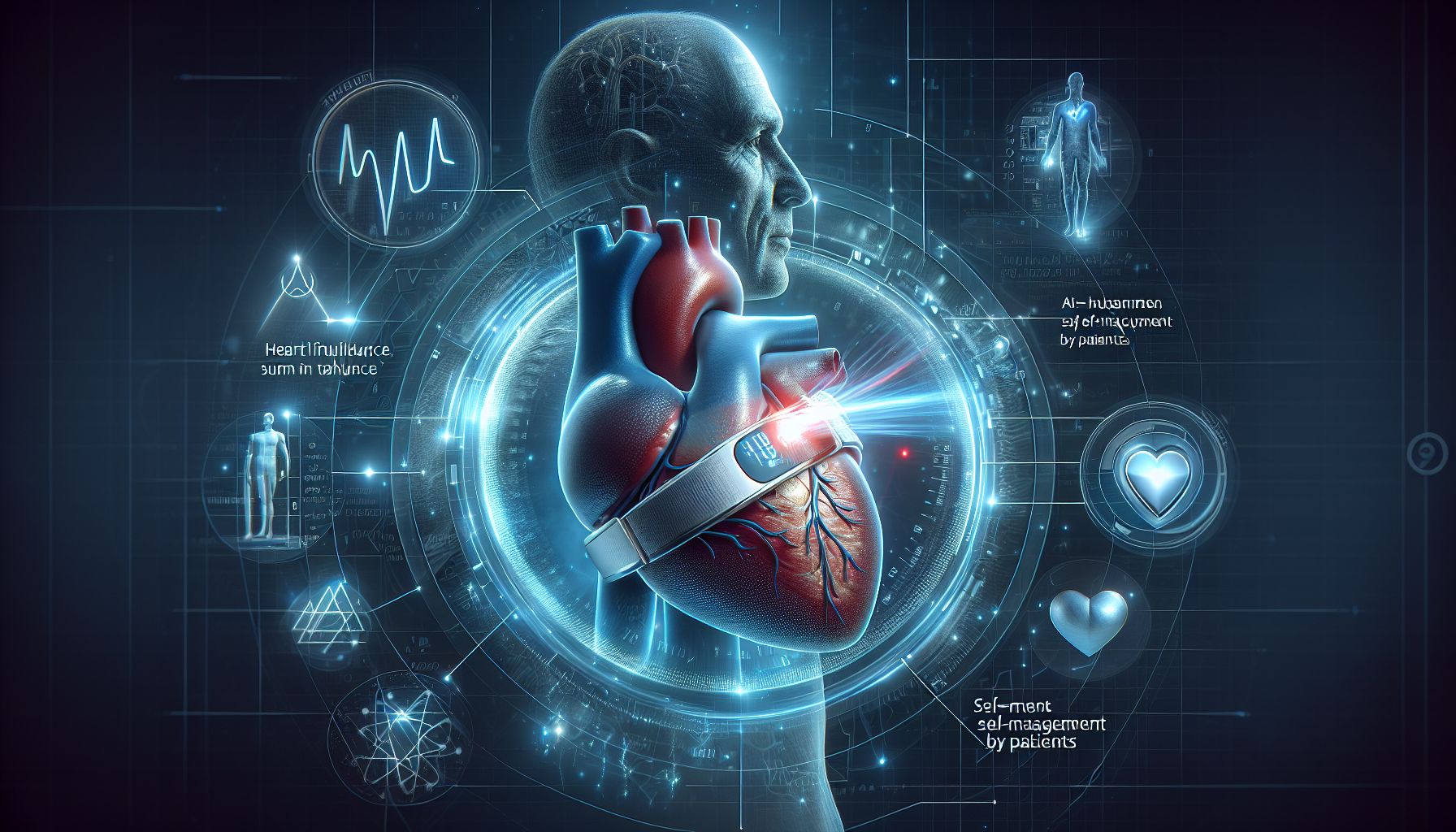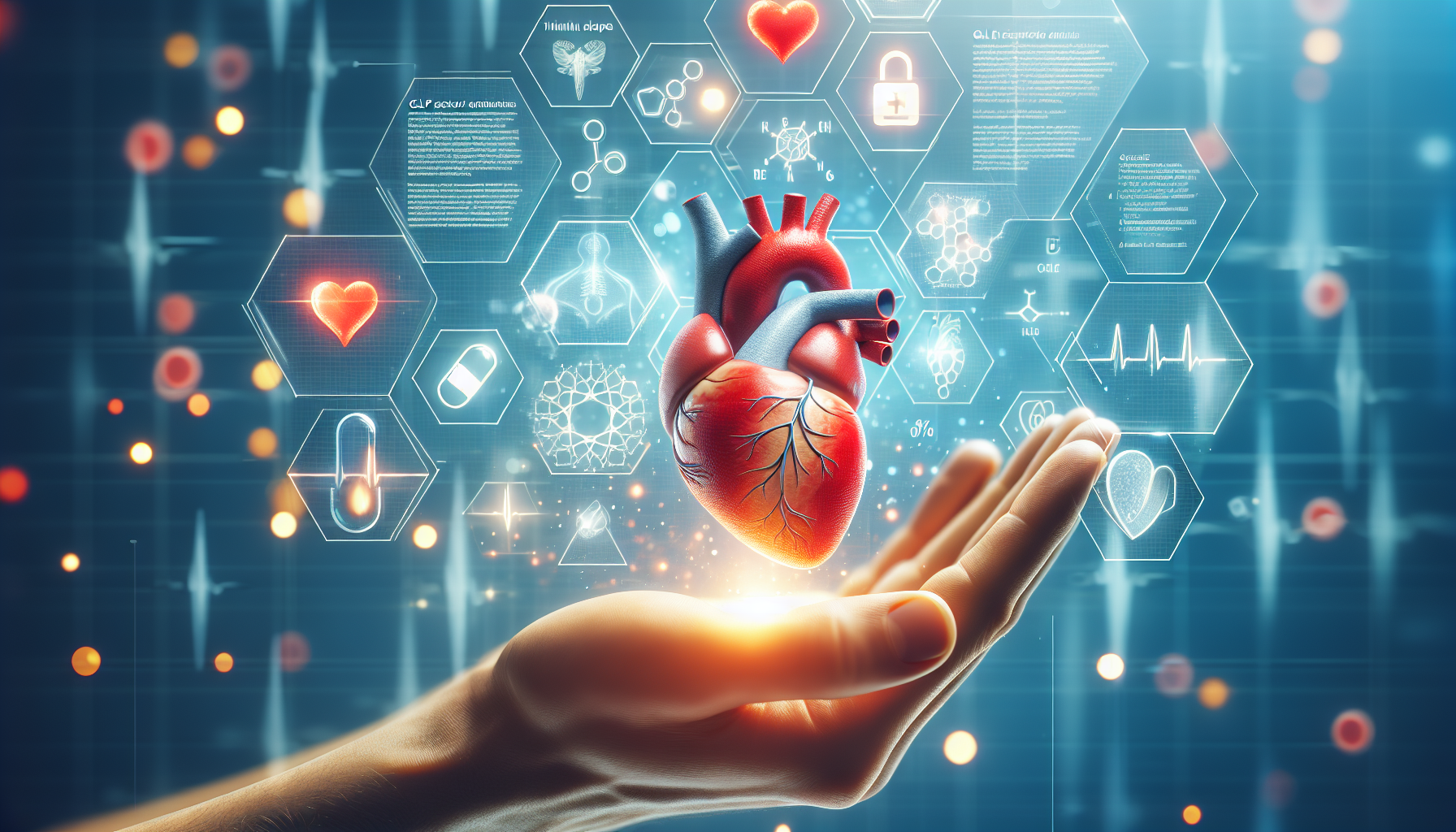How Brain Lesions Might Trigger Takotsubo Syndrome (Broken Heart Syndrome)
Key Takeaways
- Takotsubo syndrome can be triggered by emotional or physical stress.
- Brain lesions linked to Takotsubo syndrome connect to a specific brain network.
- Future research aims to map brain regions critical for this condition.
Did You Know?
Understanding Takotsubo Syndrome
Takotsubo syndrome, often referred to as broken heart syndrome, is an acute heart failure syndrome presenting with symptoms similar to a heart attack, such as chest pain and shortness of breath. Initially believed to be triggered primarily by the sympathetic nervous system, recent research suggests a significant brain-heart connection.
Named after a Japanese pot used for catching octopuses, due to the similar shape of the heart during an episode, Takotsubo syndrome can be triggered by intense emotional or physical stress.
The Brain-Heart Connection
A recent study showcased at the 2024 American Academy of Neurology Annual Meeting in Denver has explored the link between brain lesions and Takotsubo syndrome. Researchers found that these brain lesions could be mapped to specific brain networks, highlighting a significant brain-heart connection.
Frederic Schaper, MD, PhD, a neuroscientist from Brigham and Women’s Hospital, revealed that these lesions occurred in varied locations across different brain areas, but intriguingly, they were all part of a brain network connected to the vagal nucleus in the medulla.
Causes and Triggers
Typically, Takotsubo syndrome is provoked by emotional or physical triggers. Emotional events such as the death of a loved one or even positive surprises like winning the lottery can induce the syndrome. Besides emotional triggers, physical factors, especially brain lesions, can also cause the condition.
Researchers at the Center for Brain Circuit Therapeutics are particularly interested in these lesion-induced cases as they provide insights into how specific brain regions and networks are involved in the brain-heart connection.
Patient Risk Factors
Takotsubo syndrome predominantly affects postmenopausal women due to hormonal changes impacting heart health. Individuals with a history of psychiatric or neurological disorders are also at higher risk. While the syndrome is often transient and reversible, in rare cases, it can lead to more severe outcomes.
Study Findings
Schaper and his team reviewed the literature and found that brain lesions causing Takotsubo syndrome were distributed across multiple brain regions, including cortical lobes, the thalamus, basal ganglia, brainstem, cerebellum, and medulla.
Using the Human Connectome, a database of brain connectivity data, they discovered that these widespread lesions are all functionally connected to the medulla, a critical area for autonomic nervous system regulation.
Future Research Directions
The team’s research aims to further understand the specific regions within the medulla that are crucial for triggering Takotsubo syndrome. By identifying these areas, they hope to better prevent or treat the condition in the future.
Continued exploration and collaboration with experts in the field will help map the intricate brain regions and networks involved in this syndrome.
Emotional and Physical Consequences
While most cases of Takotsubo syndrome are effectively managed and reversible, understanding its triggers and mechanisms is vital for prevention. Health professionals focus on recognizing at-risk groups and potential triggers to provide better care.
Researchers emphasize the necessity of understanding the emotional and physical triggers of Takotsubo syndrome to formulate more effective treatments and interventions.
Conclusion
The connection between the brain and heart in Takotsubo syndrome reinforces the complexity of this condition. Ongoing research aims to elucidate the specific brain regions and networks involved, offering hope for improved prevention and treatment options in the future.






